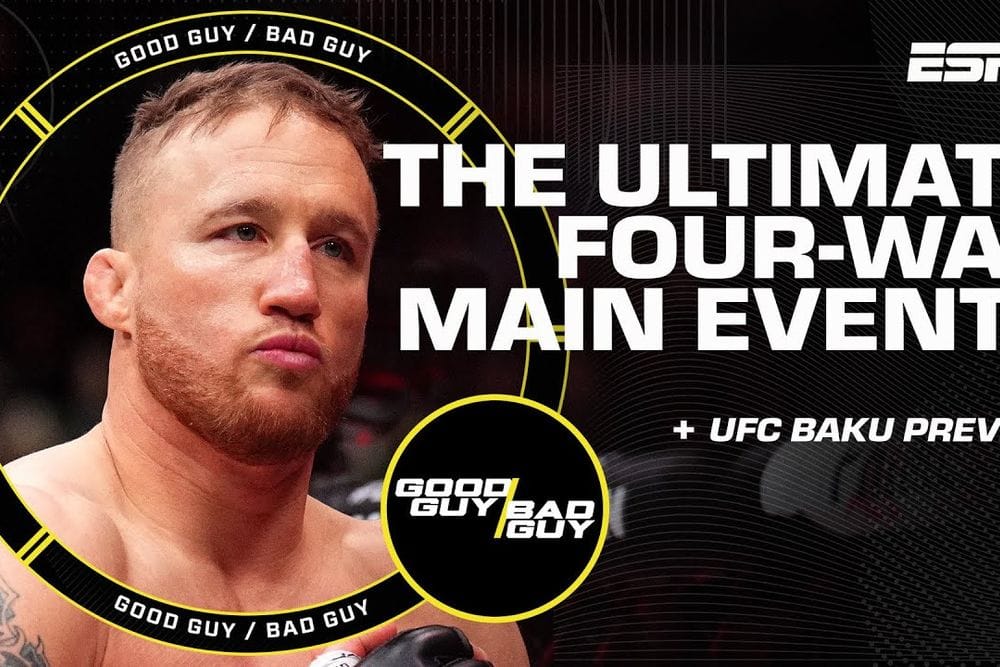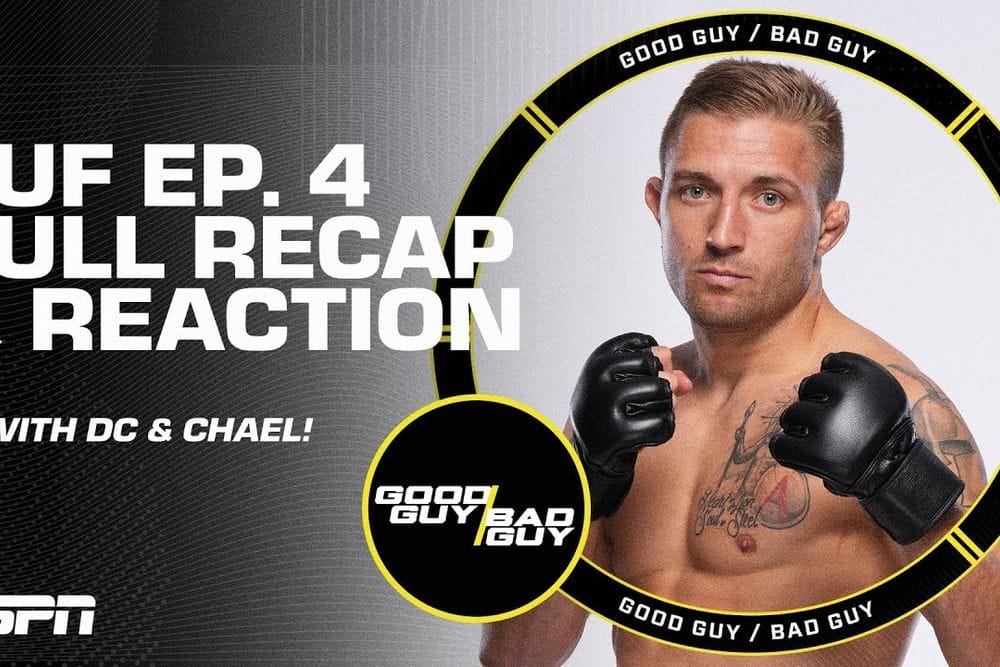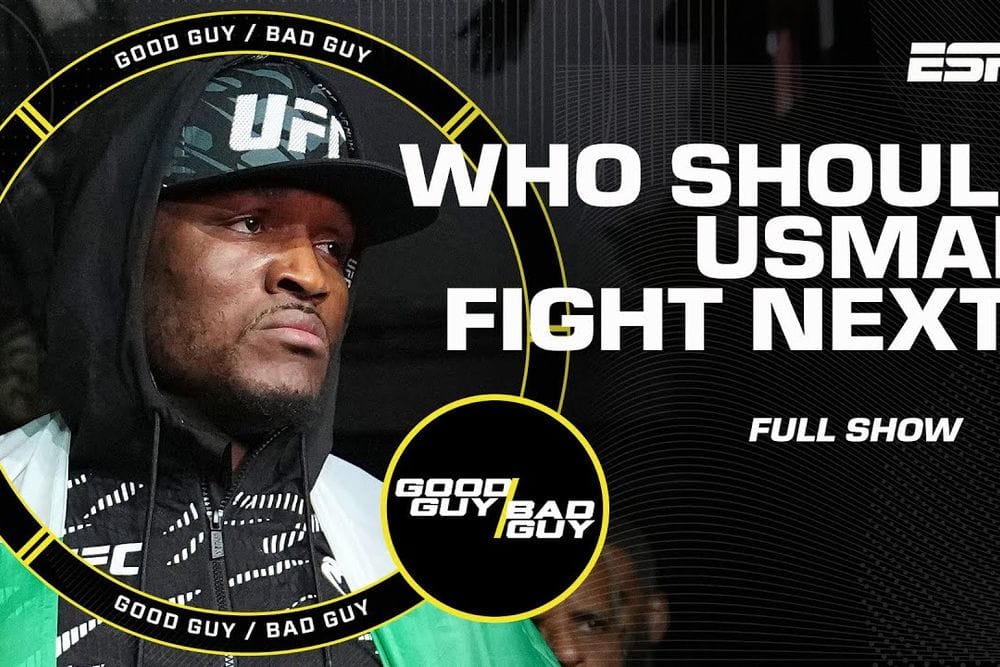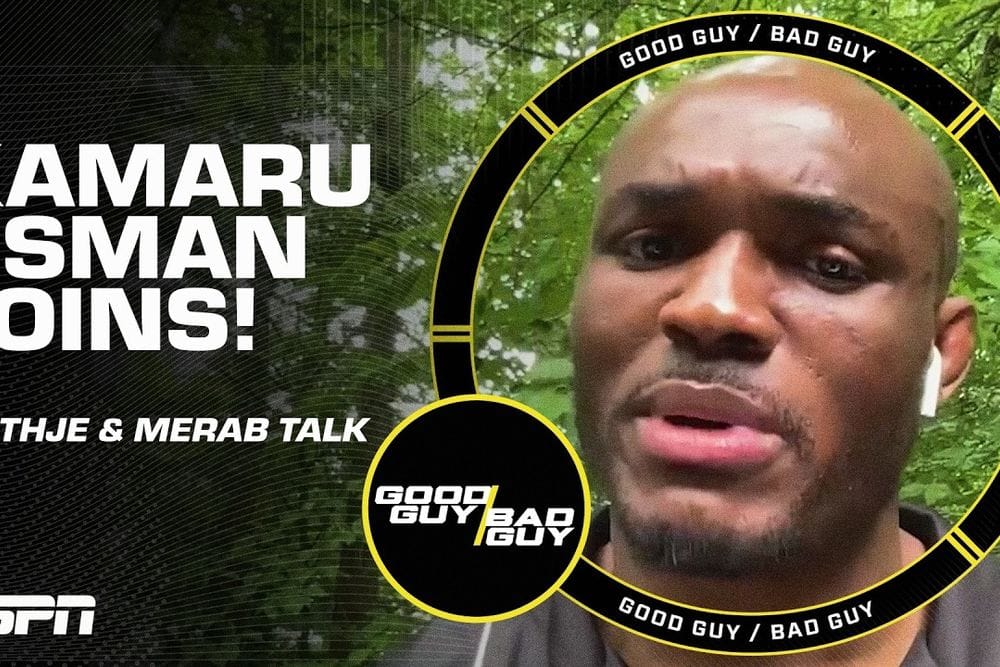Daniel Cormier Reveals Surprising Career Regret in MMA Journey
Daniel Cormier shares a surprising regret from his MMA career in a recent video, reflecting on tactical choices. His candid insights reveal how past decisions shape his mentorship and commentary roles today.
Unveiling a Personal Regret
In a candid discussion shared on a popular sports platform, Daniel Cormier, a celebrated figure in mixed martial arts, opened up about a regret from his illustrious career. The conversation, captured in a video posted on April 18, 2024, offers a glimpse into the mind of the former UFC champion as he reflects on decisions made during his fighting days. Cormier’s honesty provides a rare perspective on the challenges and second-guessing that even top-tier athletes face.
At the start of the segment, around the 0:15 mark, Cormier humorously yet sincerely expresses a specific regret tied to his approach in the octagon. He discusses how he wishes he had embraced a different strategy during key moments of his career, particularly in how he managed his physical style and tactical decisions against certain opponents. This admission is not just a reflection on a single fight but a broader commentary on how he could have potentially altered his path with different choices.
Tactical Reflections and Missed Opportunities
Diving deeper into his thoughts, at approximately the 1:30 timestamp, Cormier elaborates on specific instances where he believes a shift in mindset or preparation might have yielded different outcomes. He points to his reluctance to fully utilize certain skills in pivotal matches, suggesting that a more aggressive or varied approach could have changed the trajectory of those encounters. This reflection is tinged with a lighthearted tone, as he laughs off some of his past stubbornness, but the underlying seriousness of missed opportunities is evident.
Cormier’s discussion isn’t just about regret but also about learning. He emphasizes how these experiences have shaped his understanding of the sport, even if they came at a personal cost. His insights are valuable for aspiring fighters who might face similar dilemmas in balancing instinct with strategy. The segment highlights how even champions like Cormier grapple with the 'what ifs' that linger after a career filled with both triumphs and setbacks.
Impact Beyond the Octagon
Towards the latter part of the video, near the 2:45 mark, the tone shifts slightly as Cormier connects his regret to his broader journey in MMA. He acknowledges that while he cannot change the past, these reflections have influenced how he mentors younger fighters and approaches his role as a commentator and analyst. His regret becomes a teaching tool, a way to impart wisdom on the importance of adaptability and listening to one’s team during critical moments.
This segment of the conversation underscores the human element of professional sports. Cormier’s willingness to share such personal insights adds depth to his public persona, showing that even at the pinnacle of success, there are always lessons to be learned. His story serves as a reminder that growth often comes from acknowledging and understanding past decisions, no matter how successful one’s career may appear from the outside.
A Champion’s Perspective on Growth
Wrapping up the discussion, around the 3:20 point, Cormier offers a final thought on how this regret, while significant, does not define his legacy. Instead, it is part of the mosaic of experiences that made him a two-division champion and a respected voice in the sport. His ability to laugh about it now shows a level of acceptance and maturity, turning what could be a source of bitterness into a point of personal evolution.
The video provides a unique window into the mindset of an elite athlete post-retirement, where reflection often brings both clarity and a touch of melancholy. For fans of the sport, this conversation is a compelling look at how even the greatest fighters carry regrets, yet use them to fuel their next chapters. Cormier’s story is not just about what he could have done differently, but about how those reflections continue to shape his contributions to MMA today.



